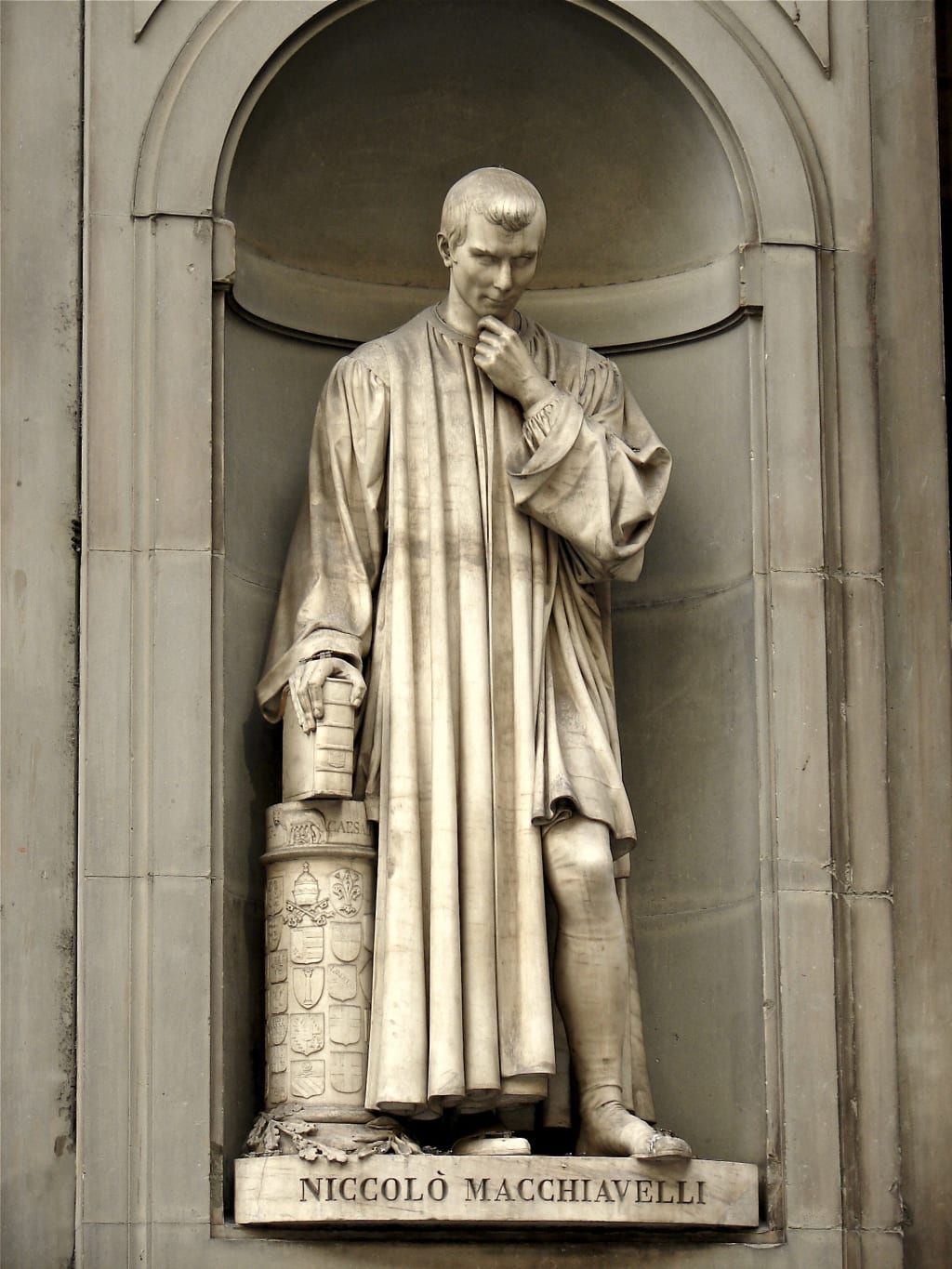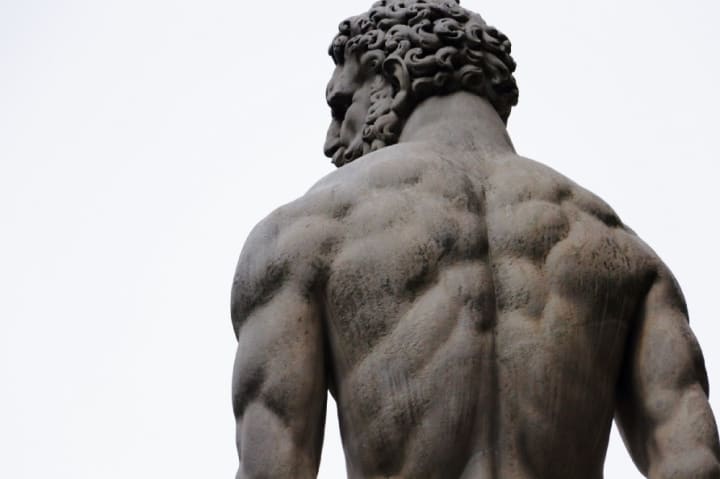
As a Ph.D. researcher who specializes in leadership, I gathered insights about Machiavellianism to better understand the inner-machinations and personalities of Machiavellian leaders.
Niccolò Machiavelli was a Renaissance-era Italian diplomat, philosopher, and historian. He is well-renowned for his book “The Prince” from 1513. It’s a 16th-century treatise that served as an instruction guide for new royals and princes.
While Machiavelli stayed at the court of Cesare Borgia, he eventually met Borgia himself. The premise behind “The Prince” was apparently inspired by the personality and qualities of Cesare Borgia.
“It is better to be feared than loved, if you cannot be both.” Niccolo Machiavelli
How Borgia Became the Model “Prince”
Cesare Borgia had a reputation for his ruthlessness and wickedness. The illegitimate son of Pope Alexander VI, and commander of the church’s forces, he strengthened his father’s political influence.
He even attempted to secure his own sovereign in central Italy.
He invaded northern Italy, capturing cities and slaughtering anybody who tried to stand against him. Even his supporters were in constant danger. He did not think twice to mercilessly massacre people — even his own brother.
Although Machiavelli was fully aware of Borgia’s flaws and shortcomings, he believed that Borgia possessed the attributes of an effective leader. Machiavelli was captivated by Cesare’s aggression, quickness, and sharpness in planning and execution. He also liked his pragmatist and strategic nature.
Despite this dark reputation, Machiavelli made him the model “Prince”.
How It Ties to Modern-Day Leadership
In the present era, this book might seem unrelated. However, the misuse of power is not that different from the politics of the Renaissance era.
Machiavelli tried to expose some of the most unpleasant realities of human behavior — as they were. If we come across people similar to Borgia, we can use this treatise to not recreate bad mistakes from the past and learn from them.
Curiously, people in positions of power are not always known for doing things pleasantly.
Many powerful people lack effective leadership qualities. They rely on domination and gaining personal interest by misusing power. Instead of leading, they are bullying — the same as it was in the Renaissance era.

Dealing with Bullies and Becoming a Better Leader
Bullies and dictators are weak-minded people who prey on individuals who they think are lesser than themselves. The wisest defense is not putting up a fight.
Individuals who are high, confident, and self-assured are not as susceptible to bullies — but are more likely to better understand personal weaknesses and can easily get under our skin.
It is our reaction that determines our behavior towards those who hurt us.
Treating Others With Respect
In the workplace and in personal life, how we treat others tells a lot about ourselves and our own personalities. In our personal lives, our closest confidantes are more sensitive to our flaws and whims.
Be mindful of anyone who possesses any of the leadership traits like Borgia, which include a lack of empathy and self-awareness.
Ironically, these two things were his downfall — especially in his quest for power. In Borgia’s case, he and his leaders were defeated by a lack of self-awareness.
Essentially, his attackers didn’t know who he was and he pretty much died like a commoner in battle.
To be the best leaders we can be and to constantly grow, we need self-awareness and empathy. We must be inclined to accept our shortcomings and imperfections, as self-acceptance can only ensure effective leadership.
Final Takeaways
Learning about Machiavellianism helps us gather insights into human behavior, especially those in power. It inspires us to understand our dynamic with power and how to be an effective leader, such as through self-awareness and empathy.
If we can identify and acknowledge our flaws, we can cultivate our internal strengths.
As Peter Drucker once famously said,
“Leadership is lifting a person’s vision to high sights, the raising of a person’s performance to a higher standard, the building of a personality beyond its normal limitations.”
Thank you for reading ❤
Disclaimer: The original version of this story was published on another platform.
Link to original version: https://medium.com/preoccupy-negative-thoughts/how-niccol%C3%B2-machiavelli-and-cesare-borgia-teach-us-powerful-lessons-in-leadership-220ff180fa62
References
Cesare Borgia in ‘The Prince’ by Niccolò Machiavelli. (n.d.). Shmoop. https://www.shmoop.com/study-guides/literature/prince-machiavelli/cesare-borgia
Forbes. (2008, September 24). Why Machiavelli matters. https://www.forbes.com/2008/09/24/niccolo-machiavelli-borgia-biz-power08-cx_id_0924demack.html?sh=416e112b2e55
Mallett, M. E. (2019). Cesare Borgia: Biography & facts. Encyclopedia Britannica. https://www.britannica.com/biography/Cesare-Borgia
Morris, S. (2018, November 18). Machiavelli meets ‘The Prince’. Medievalists. https://www.medievalists.net/2018/11/machiavelli-borgia/
Najemy, J. M. (2013). Machiavelli and Cesare Borgia: A reconsideration of Chapter 7 of “The Prince.” The Review of Politics, 75(4), 539–556. http://www.jstor.org/stable/43670906
About the Creator
Afshara
PhD Student (Management) | Research Enthusiast | Educator| Content Writer | Writing about the things that intrigue my curious mind.
https://beacons.ai/afshara17






Comments
There are no comments for this story
Be the first to respond and start the conversation.